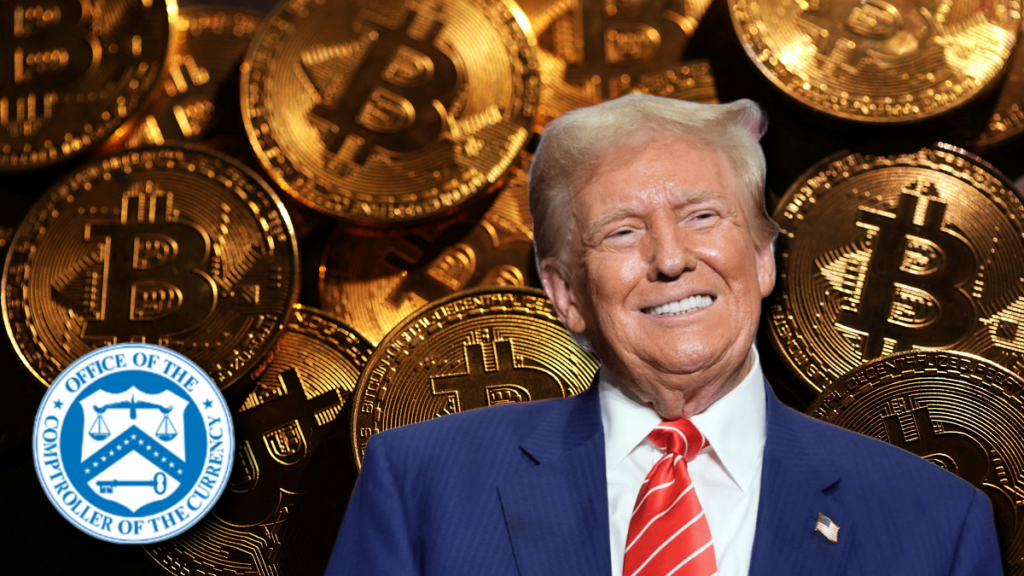TL;DR
- The U.S. banking regulator, the OCC, has confirmed that national banks can buy and sell crypto assets on behalf of their clients, without the need for prior approvals.
- This relaxation also allows outsourcing services such as custody and trade execution.
- Under the pro-crypto administration of Donald Trump, various agencies have begun dismantling past restrictions, creating a more favorable environment for the mass adoption of cryptocurrencies within the traditional financial system.
The crypto landscape in the United States has taken a monumental and transformative turn: the Office of the Comptroller of the Currency (OCC) has officially announced that national banks are now authorized to conduct cryptocurrency buy and sell operations on behalf of their clients. This change not only removes the need for prior approval but also opens the door for financial institutions to partner with specialized third parties for custody and execution, as long as they implement strong internal risk management practices and comply with the current regulations established by financial regulators to protect users.
United States Drives A New Pro-Crypto Era
This announcement adds to the Federal Reserve’s prior decision to remove the guidelines that required banks to notify them in advance of activities related to crypto assets and stablecoins. Simultaneously, the FDIC (Federal Deposit Insurance Corporation) lifted old restrictions, allowing supervised institutions to engage in legally permitted crypto activities without needing additional approvals. These moves clearly reflect a shift in direction under the Donald Trump administration, which has openly embraced policies favorable to the crypto ecosystem and blockchain innovation.
Greater Flexibility And Confidence For Investors
In its latest interpretive letter, the OCC reaffirms its 2020 position that already recognized banks’ authority to offer crypto custody services. However, the flexibility is now greater: banks can subcontract custodians, execute transactions, maintain records, provide valuation services, and even offer tax advice related to digital assets. Furthermore, this environment is expected to facilitate the development of new blockchain-based financial products, allowing banks to compete directly with exchanges and DeFi platforms.

It’s even projected that major U.S. banks will soon launch their own integrated services for staking, crypto lending, tokenization solutions, and advanced algorithmic trading tools to capture new and growing market segments.
With a more permissive regulatory environment and a White House that is openly favorable to cryptocurrencies, many analysts believe the United States could once again position itself as a global leader in crypto innovation. This shift could attract foreign investment, stimulate competition between traditional banks and crypto platforms, and consolidate the dollar’s role as a key currency in the digital transactions of the future.










